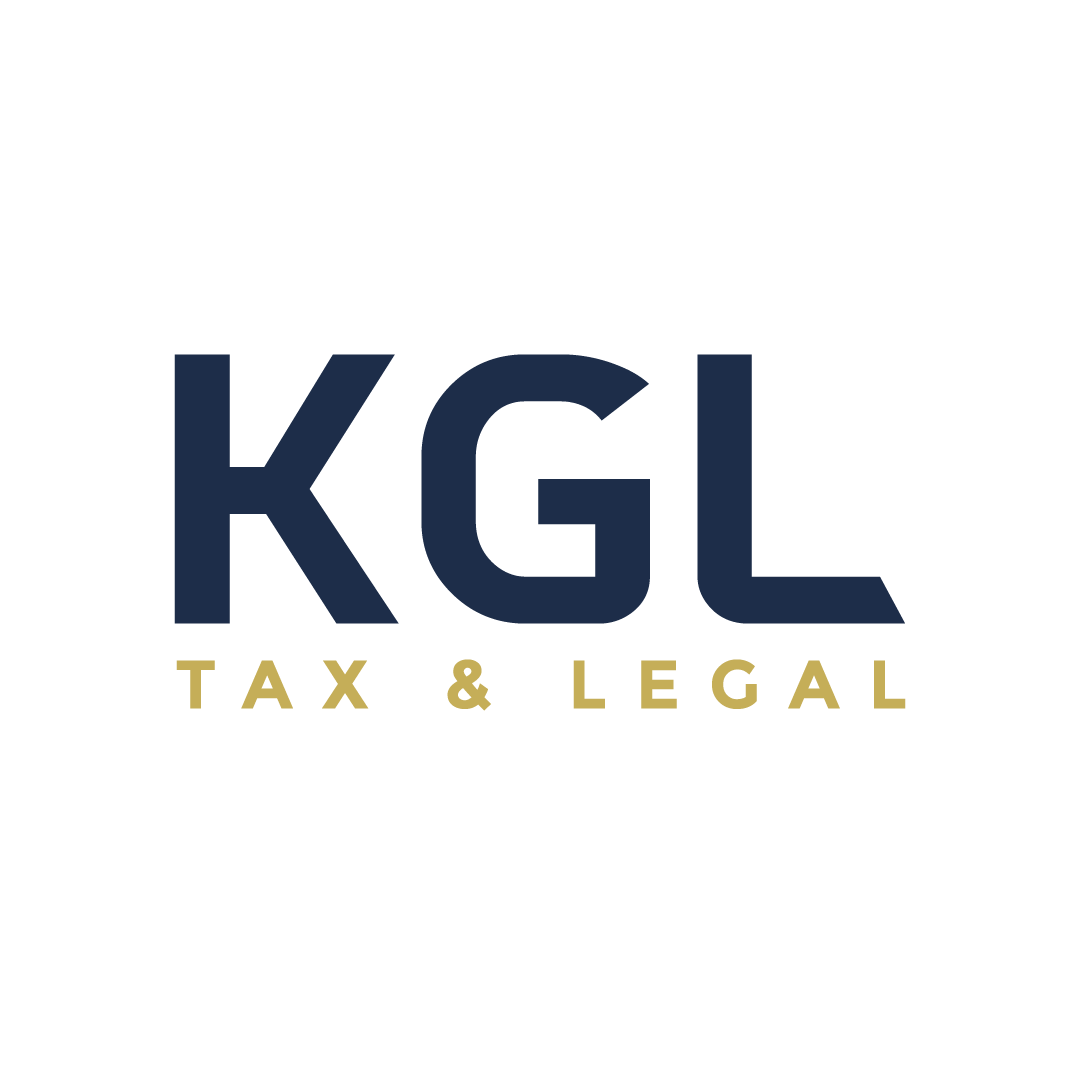Address
Kwattaweg 51, 2nd Floor
Paramaribo-Suriname
Work Hours
Monday to Friday
8AM - 4PM

Amendments to Book 2 of the new Civil Code and the Trade Register Act — what entrepreneurs need to know
Effective 1 May 2025, important amendments to Book 2 of the new Civil Code and the Trade Register Act will reshape certain aspects of company formation and corporate governance in Suriname. These changes will impact entrepreneurs, notaries, directors, and trustees — and will require updates to internal company processes.
This blog summarises the key changes and provides a compliance checklist to help businesses prepare:
Mandatory mention of registration number (KKF number)
Under the new rules, the company’s registration number (KKF number) must appear on all formal business documents — including letters, orders, invoices, and quotations.
• Responsibility: The person filing the initial registration (except the notary) must ensure compliance.
• Purpose: Enhance transparency and allow third parties to easily verify company registration.
Action points
☐ Review and update templates for all formal documents.
☐ Implement controls to ensure the KKF number appears on all outgoing materials.
Integration of the Register of Foundations into the Commercial Register
Foundations will now be registered under the Commercial Register, with the previous Register of Foundations being discontinued.
• Purpose: Consolidate records, improve accessibility and consistency.
Action points
☐ If managing a foundation, verify that the registration is correctly transferred.
☐ Review and update foundation records as needed.
Authority of the Chamber of Commerce to update company data
The Chamber of Commerce and Industry may now update minor company data — such as addresses or spelling corrections — based on reliable internal information.
• Companies will be notified of such changes and can submit corrections if needed.
Action points
☐ Assign responsibility within the company to monitor notifications from the Chamber.
☐ Establish an internal process to review and respond to any updates.
Joint responsibility for timely registration of new companies
Both notaries and company directors now share the legal duty to ensure that new companies are registered promptly in the Commercial Register.
• If the director completes the registration, the notary is released from this obligation (and vice versa).
Action points
☐ Notaries and directors should coordinate to ensure timely registration.
☐ Maintain clear internal records of who completed the registration and when.
Mandatory registration of trusts
Trusts are now subject to registration in the Commercial Register.
• The Chamber of Commerce and Industry will issue further guidelines on the process.
Action points
☐ If managing a trust, monitor announcements and instructions from the Chamber.
☐ Prepare required documentation in advance to ensure compliance once the registration process opens.
Expanded flexibility in share classes and nominal value
Companies may now issue multiple classes of shares — not just ordinary or preference — provided that the articles of association clearly define the associated rights and obligations.
• The requirement to assign a nominal value to shares has been abolished.
• Shares can optionally have a nominal value expressed in a foreign currency.
Action points
☐ When forming an LLC, review options for flexible share structures.
☐ Clearly document share rights in the articles of association.
☐ Consider whether shares will be issued with or without nominal value, and in which currency.
☐ Align company records and legal documents with the new flexibility.
Should you have any queries or need any legal assistance with your labor related matters, don’t hesitate to contact us. We are happy to serve.

Yrania started her career as a manager at SBIC, a supporting organization of the Chamber of Commerce in Suriname, in 2019. At KGL she is handling both tax and legal clients mainly active in the Oil & Gas sector in Suriname. Want to know more about Yrania? Feel free to reach out to her.

As we approach the end of 2025, significant changes are on the horizon for Suriname in 2026. With the election of Jennifer Geerlings-Simons as the first female President, the focus shifts to enhancing tax collection rather than introducing new taxes. The newly established Ministry of Oil, Gas and Environment aims to oversee the burgeoning oil industry, while the Local Content Law promises to create job opportunities for Surinamese citizens. Additionally, the New Civil Code introduces crucial amendments affecting businesses and labor regulations. Discover how these developments will impact you and your organization in the coming year!

De Wet Belasting over de Toegevoegde Waarde 2022 (BTW) trad op 1 januari 2023 in werking. Inmiddels zijn onze ondernemers wel gewend aan het idee van BTW, maar doen we het ook goed in de praktijk?
Nu de Belastingdienst begonnen is met het uitvoeren van controles, blijkt dat niet alles even duidelijk is, zeker niet als het gaat om de aftrek van voorbelasting. Dit is een kernonderdeel van het BTW stelsel en zal bij elke controle van de Belastingdienst aan de orde komen.
In dit artikel ga ik kort in op hoe de aftrek van voorbelasting werkt, wat de uitzonderingen zijn, en waarom het 0%-tarief, bijvoorbeeld bij leveringen aan contractors en subcontractors in de olie- en gassector, niet betekent dat het recht op aftrek vervalt.

Amendments to Book 2 of the new Civil Code and the Trade Register Act — what entrepreneurs need to know Effective 1 May 2025, important
Get notified about new articles
